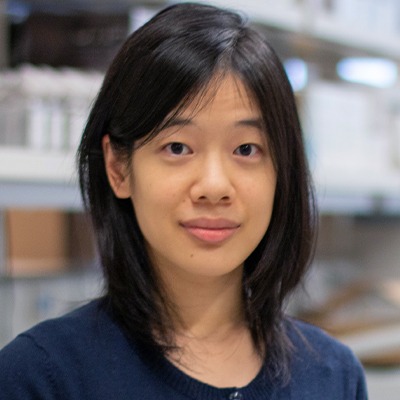Connie Wu, Ph.D.


Connie Wu obtained her B.S. in chemical engineering from Yale University, where she worked with Paul Van Tassel, Ph.D., in designing porous layer-by-layer polymer films for tissue engineering applications. She pursued her Ph.D. in chemical engineering at MIT in the lab of Paula Hammond, Ph.D., where she engineered a highly potent small interfering RNA (siRNA) nanoparticle delivery system via nucleic acid engineering and polymer chemistry approaches.
Following her graduate studies, Wu transitioned to the diagnostics field for her postdoctoral research in the lab of David Walt, Ph.D., at Brigham and Women’s Hospital and the Wyss Institute at Harvard University, where she pioneered ultrasensitive single-molecule detection methods that can measure attomolar protein concentrations with versatile multiplexing capabilities. In parallel, she developed ultrasensitive digital assays for detecting the long interspersed element-1 (LINE-1) retrotransposon-encoded protein ORF1p in blood as a highly specific multi-cancer biomarker.
Wu was the recipient of multiple fellowships during her graduate and postdoctoral training, including a National Science Foundation Graduate Research Fellowship, MIT Presidential Fellowship and NIH Ruth L. Kirschstein F32 Postdoctoral Fellowship.
As part of the U-M Life Sciences Institute and the Department of Biomedical Engineering at the University of Michigan, Wu's lab develops technologies for biomarker signature discovery and RNA therapeutic delivery, with applications across cancer and other diseases.
chemistry and chemical biology
cancer biology
RNA therapeutics
bioanalytical chemistry
biomolecular engineering
nanomaterials